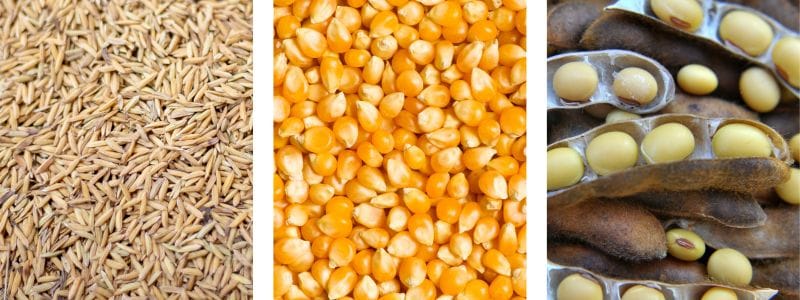Ghana implements export ban to help food supply. This comes amidst the drought conditions and rising food costs affecting the nation. The ban has been placed on crops such as soybean, corn and rice. It’s a necessary ban that will stabilize food markets and ensure Ghanaians have food on their plates.
The ban was introduced in August 2024 and is part of a broader set of measures to tackle the growing food prices. The Ghanaian Food Movement is also an initiative that helps in this area. The decision comes after months of drought, which has severely affected crop yields, particularly in the northern regions of the country.
As farmers struggle with lower than expected harvests, the availability of staple grains has dwindled, pushing up prices and making it harder for ordinary Ghanaians to access basic foodstuffs. The government’s action aims to prioritize local demand and prevent further price hikes in the domestic market.
A growing Opportunity for the Diaspora
There is a growing opportunity for the Diaspora since Ghana implements export ban. Even though the Ghanaian Government has implemented this ban, there is a big gap in the local food supply. Diasporans that were on the line about venturing into Ghana’s agricultural sector can now seize this awesome opportunity to help feed the nation. It will not only help their own wellbeing but they can help to contribute to a nation in need.
Concerns as Ghana Implements Export Ban

Ghana implements export ban to ensure food security, but some concerns have been raised. Though the move is widely seen as a positive measure, some people think it may raise an issue. Some think trade relationships with countries that rely on Ghanaian agricultural outputs may be affected. Yet, Ghana has to secure the wellbeing of its citizens to protect its future food supply. Moreover, the Ghanaian government has indicated that this is just a temporary measure for short term relief.
There will be continuous reviews based on food production. Along with this ban, the government is also looking at other ways to curb this issue. It is working to increase support to farmers by providing needed subsidies and promoting drought resistant crops. These strategies aim at reducing the country’s dependence on imported good and help in long term food supply.
Impacts on Local Farmers
There have also been concerns about possible impact on Ghanaian farmers. Many local farmers depend on exports to provide for their families and sustain their livelihoods. Regardless, the government’s priority remains ensuring that Ghanaians have access to affordable and sufficient food, especially as the nation grapples with ongoing environmental and economic challenges.











